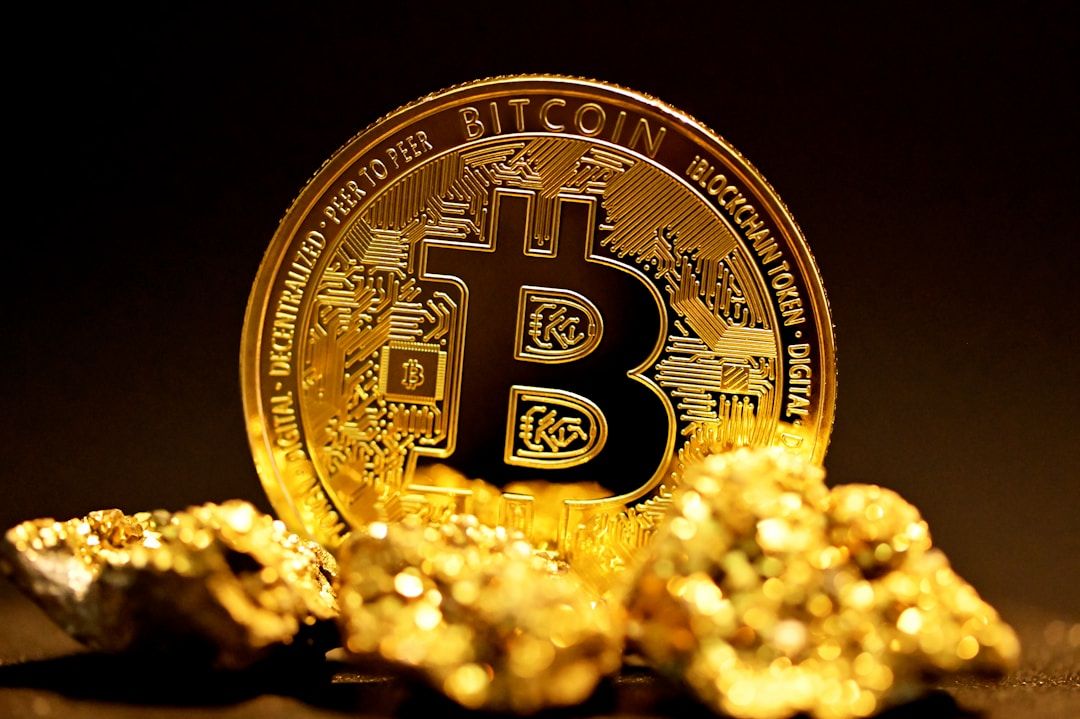To understand bitcoin, it helps to ask what gives anything value. Think about gold, dollars, or even a rare comic book. Their worth comes down to a few basic factors:
- Scarcity (is it rare?),
- Utility (can you use it for something?),
- Trust (do people agree it’s valuable?),
- Transferability (can you use or trade it easily?).
Gold is valuable because it’s rare and has been trusted for centuries. Dollars are just paper, but governments and people around the world agree they’re worth something.- Digital Scarcity - Unlike government money, only 21 million bitcoins can ever exist. You can’t just “print more.” This digital scarcity is similar to gold, except bitcoin’s rules are enforced by computer code, not politicians.
- Decentralised Trust - Unlike government money, only 21 million bitcoins can ever exist. You can’t just “print more.” This digital scarcity is similar to gold, except bitcoin’s rules are enforced by computer code, not politicians. Bitcoin isn’t run by a company or country. Instead, it runs on thousands of computers worldwide. Every transaction is checked and recorded on a public ledger (the blockchain) that anyone can audit. This transparency builds trust—even among people who don’t know each other.
- Usefulness - At its core, bitcoin lets you send value over the internet, 24/7, without asking anyone’s permission. You can send money to someone in another country in minutes, sometimes for pennies. In places with unstable currencies or strict banking controls, bitcoin can be a lifeline.
- Market Demand - Ultimately, bitcoin’s price comes down to what people are willing to pay. Some see it as “digital gold”—a store of value or hedge against inflation. Others use it for cross-border transfers, or even just as a speculative investment.
Bitcoin’s price swings can be dramatic. But that doesn’t mean it has no value—just that its value is still being discovered in the marketplace. New technologies, shifting regulations, and big news events can send the price up or down.
It’s worth noting: many things with real value—like tech stocks or rare art—can also be volatile.
Critics argue that bitcoin has “no intrinsic value” because it’s not backed by a government, gold, or physical assets. But remember: most modern money isn’t backed by gold either. It’s backed by collective trust and the system around it.
Will bitcoin be worth more, or less, in the future? No one knows for sure. It’s possible bitcoin could fail, or be replaced by something better. But as long as people believe in its rules, its scarcity, and its usefulness, bitcoin will likely continue to have value in the medium to long-term.
Are bitcoins worth anything?
Yes—because people believe they are, and use them to store and transfer value.
That belief is backed by code, global consensus, and a growing track record. Like any new technology or investment, there are risks and unknowns. But to millions of people, bitcoin is already worth something—and that’s not nothing.


